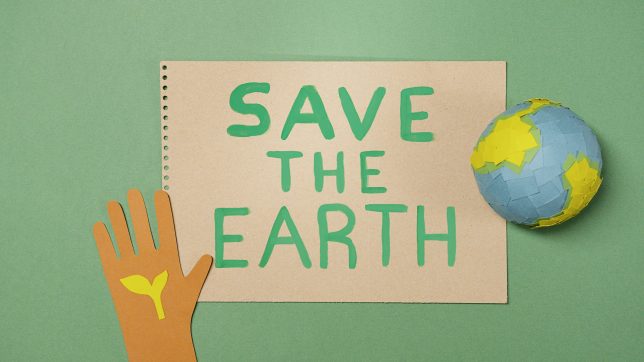
Earth Day takes place in the United States on April 22nd every year to raise awareness about environmental issues and encourage people to take action to protect the planet.
The first Earth Day was celebrated on April 22, 1970, across the United States.
It was a huge success, with millions of Americans from different backgrounds and political persuasions taking part in rallies, demonstrations, and other activities to promote environmental awareness. Since then, Earth Day has become an annual event, and it is now celebrated around the world.
Earth Day activities range from clean-up events and tree plantings to educational programs and advocacy campaigns. There is an increasing focus on promoting sustainable practices and addressing issues such as climate change, plastic pollution, and deforestation.
Earth Day was started by Wisconsin Senator Gaylord Nelson
Earth Day was started by former Wisconsin Senator Gaylord Nelson, who served from 1963 to 1981. Senator Nelson was a progressive politician who championed environmental causes throughout his career. He was a leading advocate for the Wilderness Act of 1964, which protected millions of acres of wilderness areas in the United States. He also played a key role in the passage of the National Environmental Policy Act of 1969, which established the basic national charter for protecting the environment. Nelson received numerous honors and awards for his environmental work, including the Presidential Medal of Freedom in 1995. He passed away on July 3, 2005, at the age of 89.
Earth Day is celebrated worldwide
Earth Day has been growing in popularity over the years and has become a global event, with more than 190 countries now participating in the annual celebration. Countries choose to observe the event on different days. Some countries celebrate Earth Day on the Spring equinox, which occurs around March 20th or 21st each year—the equinox is seen as a symbolic time to promote ecological balance and harmony. In India, Earth Day is celebrated on April 22nd. India also observes National Clean Energy Day on November 1st and World Nature Conservation Day on July 28th. Much of South America celebrates the power and wonder of Pachamama (“Festival of Mother Earth”) during the first week of August.
Regardless of the date, the purpose of Earth Day remains the same: to raise awareness about environmental issues and encourage people to take action to protect the planet.
#EarthDay
Social media plays a significant role in increasing the visibility and impact of Earth Day. The hashtag #EarthDay is widely used on platforms like Twitter, Facebook, and Instagram, to spread awareness and inspire action among a global audience.
Overall, the growing popularity of Earth Day reflects a growing awareness of environmental issues and a gro
